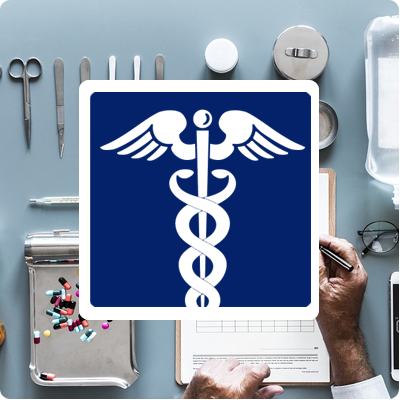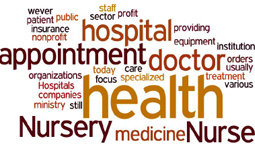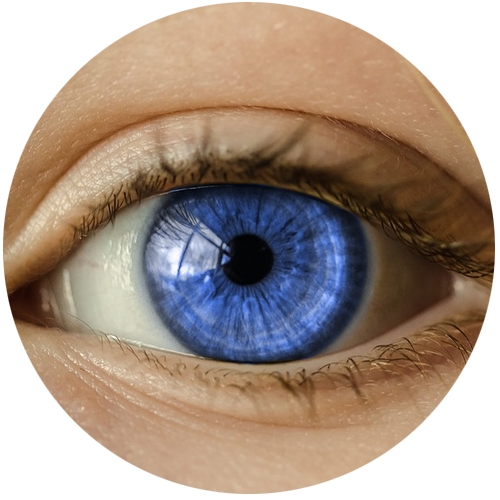Het arrangement Thema Health and welfare - hv12 is gemaakt met Wikiwijs van Kennisnet. Wikiwijs is hét onderwijsplatform waar je leermiddelen zoekt, maakt en deelt.
- Auteur
- Laatst gewijzigd
- 11-05-2025 09:54:34
- Licentie
-
Dit lesmateriaal is gepubliceerd onder de Creative Commons Naamsvermelding-GelijkDelen 4.0 Internationale licentie. Dit houdt in dat je onder de voorwaarde van naamsvermelding en publicatie onder dezelfde licentie vrij bent om:
- het werk te delen - te kopiëren, te verspreiden en door te geven via elk medium of bestandsformaat
- het werk te bewerken - te remixen, te veranderen en afgeleide werken te maken
- voor alle doeleinden, inclusief commerciële doeleinden.
Meer informatie over de CC Naamsvermelding-GelijkDelen 4.0 Internationale licentie.
Aanvullende informatie over dit lesmateriaal
Van dit lesmateriaal is de volgende aanvullende informatie beschikbaar:
- Toelichting
- Dit thema valt onder de arrangeerbare leerlijn van de Stercollectie voor Engels voor havo en vwo, leerjaar 1 en 2. Dit is thema 13 'Health and welfare'. Hier worden onderwerpen besproken zoals dokters, verwondingen, tandartsen en ziekenhuizen, gezonde gewoontes. Het thema omvat de volgende onderwerpen: The doctor, The dentist, The hospital en Healthy habits. De grammaticaopdrachten behandelen de 'future', present perfect, much and many en few and little. De laatste grammaticaopdracht bevat een grammaticatoets.
- Leerniveau
- VWO 2; HAVO 1; VWO 1; HAVO 3; VWO 3; HAVO 2;
- Leerinhoud en doelen
- Engels;
- Eindgebruiker
- leerling/student
- Moeilijkheidsgraad
- gemiddeld
- Studiebelasting
- 9 uur 30 minuten
- Trefwoorden
- arrangeerbaar, engels, health and welfare, healthy habits, hv123, stercollectie, the dentist, the doctor, the hospital
Gebruikte Wikiwijs Arrangementen
VO-content - Toetsen. (z.d.).
Engels hv123 D-toetsen







 Je hebt de blokken van het thema 'Health and welfare' doorgewerkt.
Je hebt de blokken van het thema 'Health and welfare' doorgewerkt.



